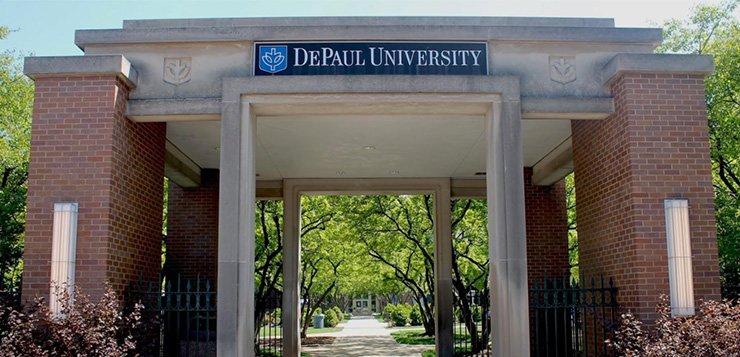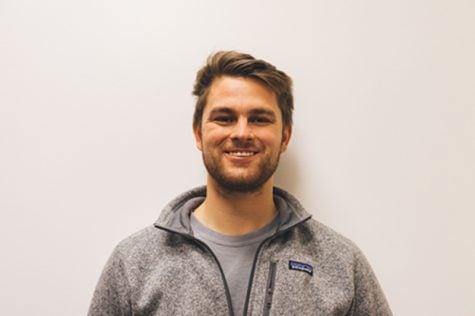Meetings with the task force begin, DePaul’s future to be decided
December 5, 2017
Members of the DePaul community gathered Nov. 15 and 16 to voice their opinions about where they would like to see DePaul in the year 2024.
In the coming months, a task force consisting of university leadership will release a six-year plan that will ultimately determine what type of school DePaul will become.
With a new university president and a new board chair, DePaul’s leadership faces a challenging future. Rising tuition costs and fierce competition from both private and public institutions have made it exceedingly difficult for DePaul to maintain its commitment to low-income students while also paying the bills.
Everything from study abroad programs’ accessibility to alumni engagement was discussed over the course of the two-day meetings.
The university is considering doubling the size of its endowment fund from roughly $550 million to $1 billion by 2024 when the six-year plan would end. To do this, the university would need to be aggressively investing and actively reaching out to alumni for donations.
Gracie Covarrubias, vice president of Student Government Association(SGA), said she wanted to see the university use athletics less as a means of attracting alumni back to DePaul.
“We shouldn’t just be inviting people back for the next basketball game,” she said. “We should be inviting them back for the next art exhibit and community event or service day. The Vincentian mission provides more opportunity to foster community (than athletics).”
Sharon Guan, assistant vice president of Faculty Instructional Technology Services, said she wants to see DePaul begin to embrace the internet age more wholesomely. She told the task force how her son, a 7th-grader, stayed home from school one day because of an illness and was able to finish all of his schoolwork online. When he returned to school, he was all caught up.
“I want to see DePaul be like my 7th-grader’s class,” Guan said. “Maybe we can catch up to 7th grade curriculum design.”
James Reilly from the College of Computing and Digital Media, said, “we (at DePaul) don’t do the best job helping some students that aren’t up to snuff.”
Reilly was referencing what he says is an “unenforced policy of student accountability.” When students try to enroll in a class they have already failed twice, they are supposed to first meet with an academic advisor. This policy is put in place in order to identify students that are at-risk of failing, but Reilly sees it as being ineffectual.
David Kalsbeek, member of the task force and senior vice president for Enrollment Management and Marketing, addressed some of the significant challenges facing DePaul.
“One-seventh of first-year students don’t return due to academic performance,” said Kalsbeek.
He also addressed the hard truth that one-third of DePaul’s student body has a family income that is less than one-third the price of tuition.
After repeated concerns from faculty regarding affordability for low-income students, Kalsbeek seemed unconcerned. He responded, saying, “the chances of DePaul (no longer providing for low-income students) is nil.”
Joann Martyn of the College of Communication touched on how DePaul’s substantial price tag can have an effect on student performance.
“(DePaul students) have an idealism and they want to change the world,” Martyn said. “But it is bound by the fact that they have to work two off-campus jobs just to be able to somewhat afford to come here.”
Before the task force submits a proposal to the board, they have decided to first gather input from faculty, students, and anyone that is a part of the DePaul community. Their goal is to have a proposal submitted to the board by March of 2018 and to have it approved by May.





